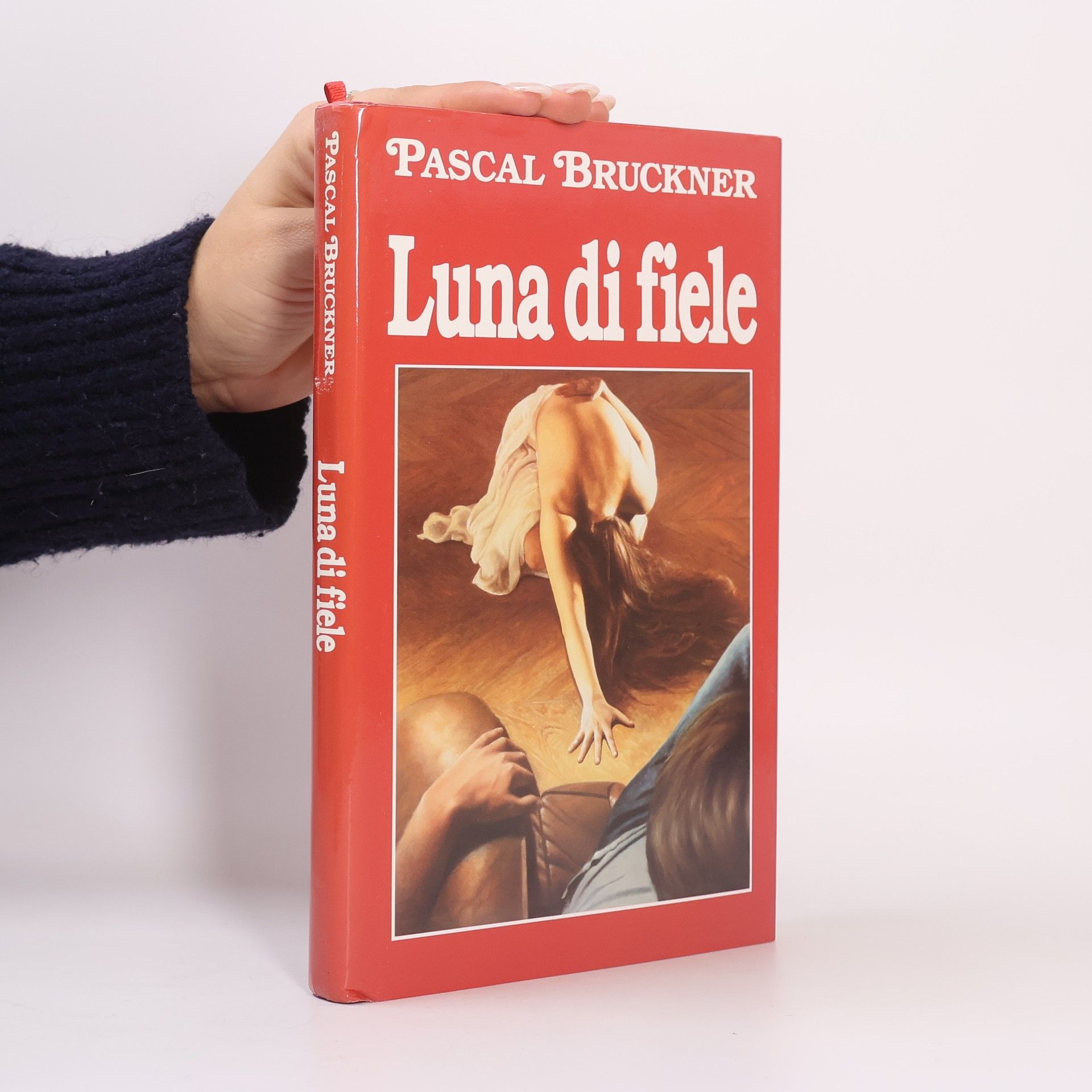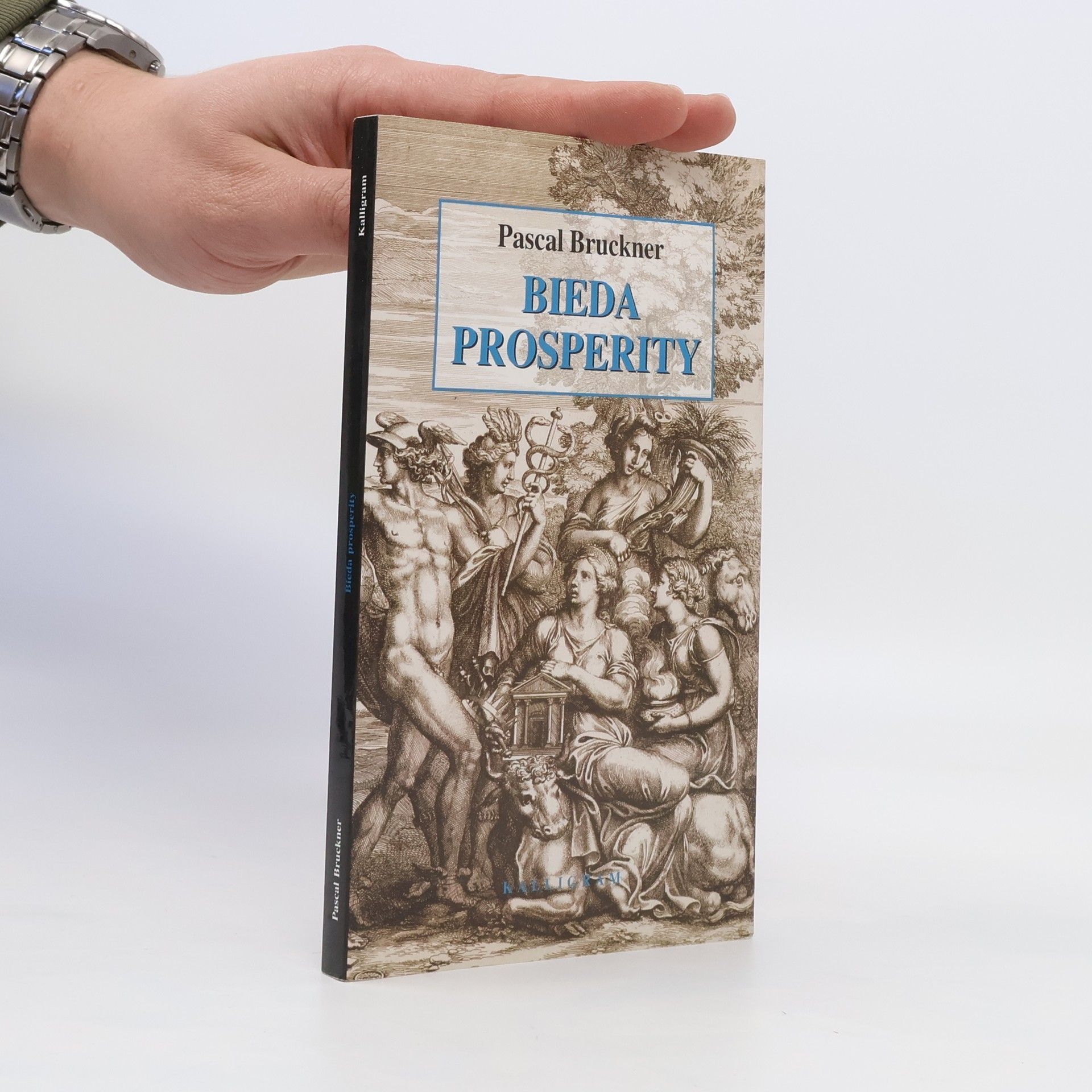Il matrimonio d'amore ha fallito?
- 128pagine
- 5 ore di lettura
In Occidente, il matrimonio è in crisi: aumentano i divorzi, cresce il numero di chi vive da solo e le famiglie monoparentali sono sempre più comuni. Pascal Bruckner offre una spiegazione provocatoria: l'amore, elevato a ideale assoluto e commercializzato come modello di realizzazione personale, potrebbe minare la stabilità della coppia. Dalla seconda metà del Novecento, il matrimonio ha subito una trasformazione radicale, passando da istituzione borghese che reprimeva le passioni a simbolo di emancipazione affettiva, dove l'amore è posto al di sopra di tutto. Non ci si sposa più per convenienza o imposizione familiare, ma per amore, con la libertà di scegliere il partner. Tuttavia, questa libertà, conquistata a caro prezzo, ha portato più discordia che armonia, poiché l'amore idealizzato rivela rapidamente i limiti individuali. Bruckner propone una rivalutazione del matrimonio d'interesse, suggerendo che un'unione in cui la razionalità prevale sui sentimenti possa offrire stabilità. La chiave potrebbe essere trovare un equilibrio tra gratificazione personale e rispetto reciproco, cercando di superare con la ragione i limiti dell'amore, per renderlo più resistente alle inevitabili difficoltà della vita di coppia.





